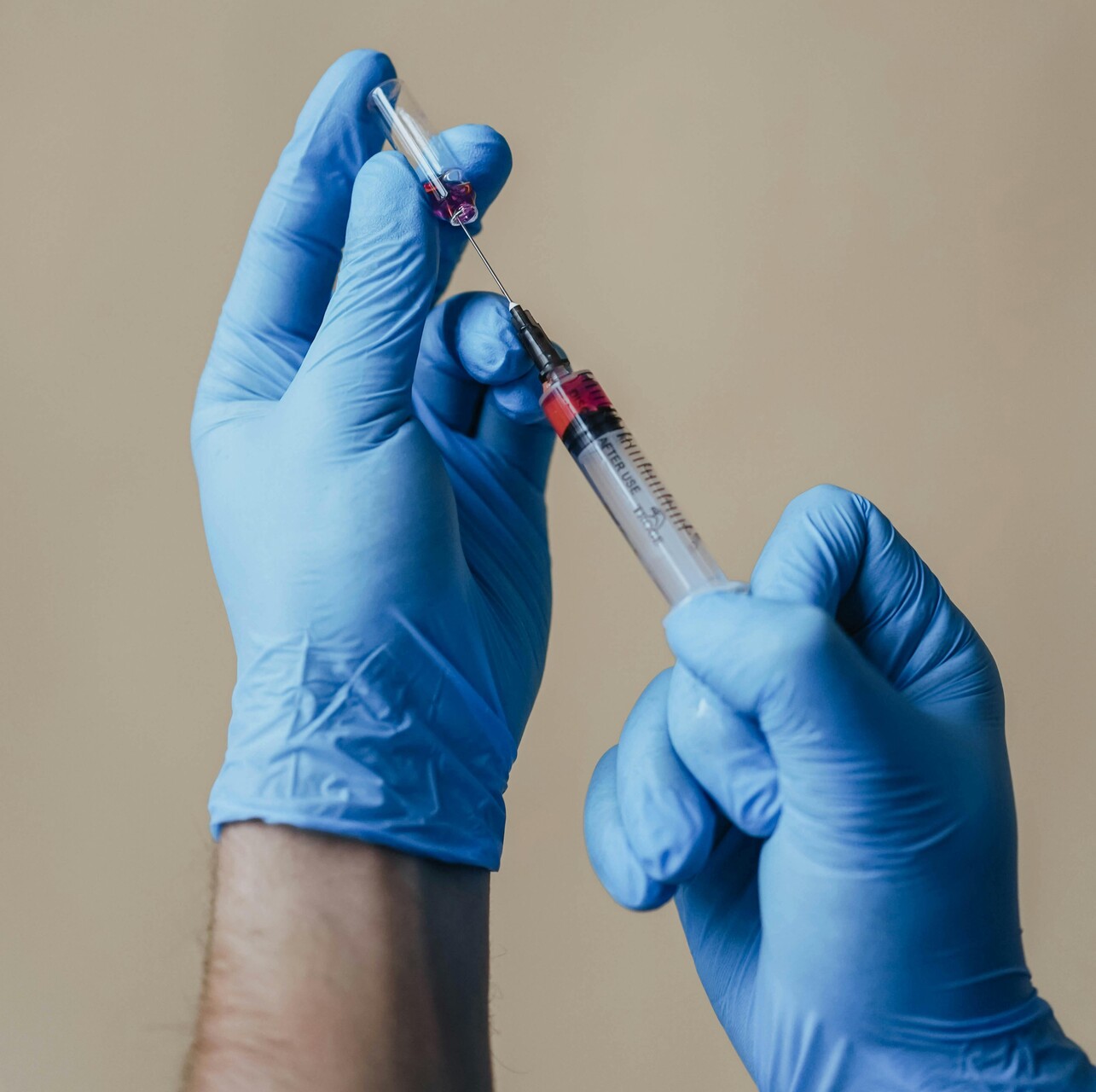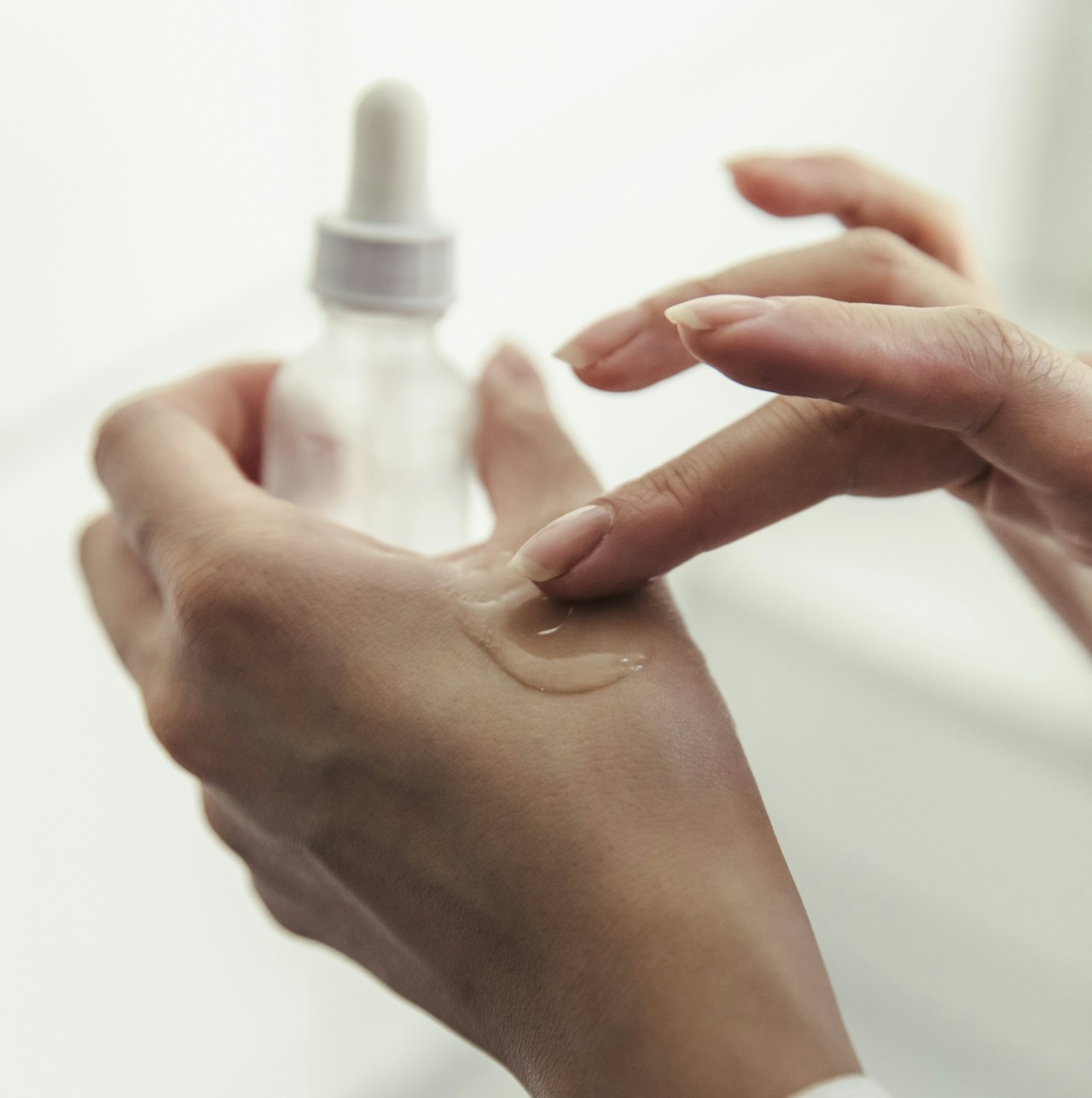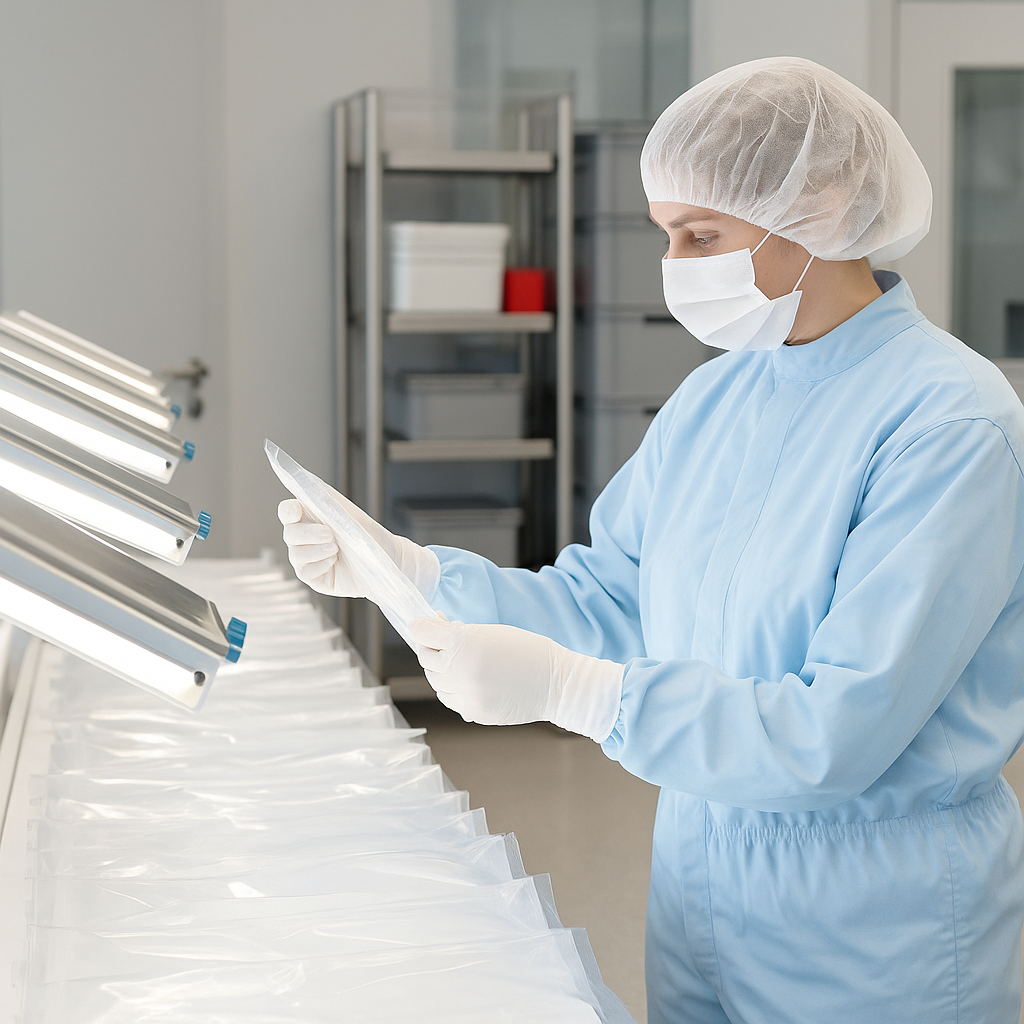









Prof. Paul de Figueiredo is a founder of HelioWave Technologies and the NextGen Precision Health Endowed Professor in the Department of Molecular Microbiology and Immunology at the University of Missouri School of Medicine, and an investigator in the Bond Life Sciences Center at the University of Missouri, where he also has an appointment in the Department of Veterinary Pathobiology and Chemical and Biomedical Engineering.
Prof. de Figueiredo has broad experience and training in molecular biology, cell biology, microbiology, and biochemistry, with specific expertise in host-pathogen interactions and biotechnology development. He actively pursues research that pioneered the development of high-throughput microsystem tools and technologies that illuminate novel biological processes, including mechanisms governing microbial physiology and host-pathogen interactions. His research has been supported by awards from the Bill & Melinda Gates Foundation, ARPA-H, NIH, NSF, USDA, DTRA, and DARPA, as well as several other private foundations.

Prof. Arum Han is a founder of HelioWave Technologies and the Texas Instruments Professor in the Department of Electrical and Computer Engineering at Texas A&M University. He currently serves as Associate Dean for Research, College of Engineering, Texas A&M University, and Associate Agency Director, Texas A&M Engineering Experiment Station (TEES). He also serves as Chancellor’s EDGES Fellow, Presidential Impact Fellow, and holds joint appointments in Biomedical and Chemical Engineering. He is a Graduate Faculty member of the Texas A&M Health Science Center and affiliated with the Institute for Neuroscience and Toxicology Program.
Prof. Han’s research centers on microfluidic, lab-on-a-chip, and organ-on-a-chip systems for high-throughput, high-accuracy biological experimentation. He has pioneered microfluidics for microbiology, synthetic biology, infectious diseases, and organ-on-a-chip models for preterm birth and toxicology studies. His work is supported by DARPA, ARPA-H, NIH, NSF, USDA, and others. He directs the AggieFab Nanofabrication Facility and serves as Editor-in-Chief of Biomedical Microdevices.

Dr. Adrian Guzman, CTO and co-founder of HelioWave Technologies, leads technology development, R&D, and contract execution. He has over 10 years of experience in microfluidic and lab-on-a-chip systems, including 8+ years focused on next-generation droplet microfluidics. He has authored 10 peer-reviewed publications, completed six-sigma lean launch training, and participated in the NSF I-Corps program.
Dr. Guzman successfully led DARPA and NIH SBIR Phase I awards for his first venture, now progressing toward market launch. He holds a B.S. in Biomedical Engineering, M.S. in Electrical and Computer Engineering, and Ph.D. in Interdisciplinary Engineering from Texas A&M University. He has a strong track record of multidisciplinary collaboration and leadership in life science-focused R&D.

Dr. Can Huang currently leads technology development at HelioWave Technologies as Chief Operating Officer. He leverages his expertise in microfluidic system development and microfabrication to design innovative instruments for the biopharmaceutical industry. He is the principal investigator of a DARPA-funded SBIR Phase II project focused on developing the HelioSAFETM sterility detection system.
Dr. Huang holds degrees in Electrical Engineering from Tsinghua University (B.S.), Rice University (M.S.), and Texas A&M University (Ph.D.). His research focuses on microfluidic lab-on-a-chip systems for microorganism analysis, point-of-care diagnostics, and advanced microsystems for biomedical applications. In recognition of his contributions to emerging technologies, he was honored with the DARPA Riser Award in 2022 for his excellence in research and development as a key technical innovator.

Dr. Chris Jones, Interim CEO of HelioWave Technologies, is a health economics and venture capital expert with dual degrees in health economics and biology from Oxford. Dr. Jones is widely recognized for his health economics and outcomes research evaluations of in-vitro fertilization (IVF) that resulted in annual financial savings up to USD 100 million to the National Health Services (NHS), without compromising women’s success rates. He invented evidence-based fertility insurance, a concept which is now being implemented internationally. He has held leadership roles at CSL Behring and the University of Vermont College of Medicine and serves as an advisor on healthcare, cybersecurity, and blockchain. A published author in New England Journal of Medicine and British Medical Journal, he also holds board positions at Betaliq, HealthTech Capital, and Springboard Enterprises.

Dr. Jeong Oh serves as the primary research scientist at HelioWave Technologies, where he directs multiple R&D initiatives to accelerate next-generation sterility testing. With 8+ years of research experience in microfabrication, tissue-engineering, and microphysiological system development, Dr. Oh brings a unique blend of technical and translational expertise to HelioWave’s pipeline. Prior to joining the company, he earned his M.S. and Ph.D. in Biomedical Engineering at University of Southern California, investigating scalable, high-throughput assays for cancer therapy development, including metabolism-targeting and CAR natural killer cell therapies. Building on this robust background, Dr. Oh applies multidisciplinary perspectives to the design and validation of rapid contaminant detection solutions for advanced therapy medicinal products.